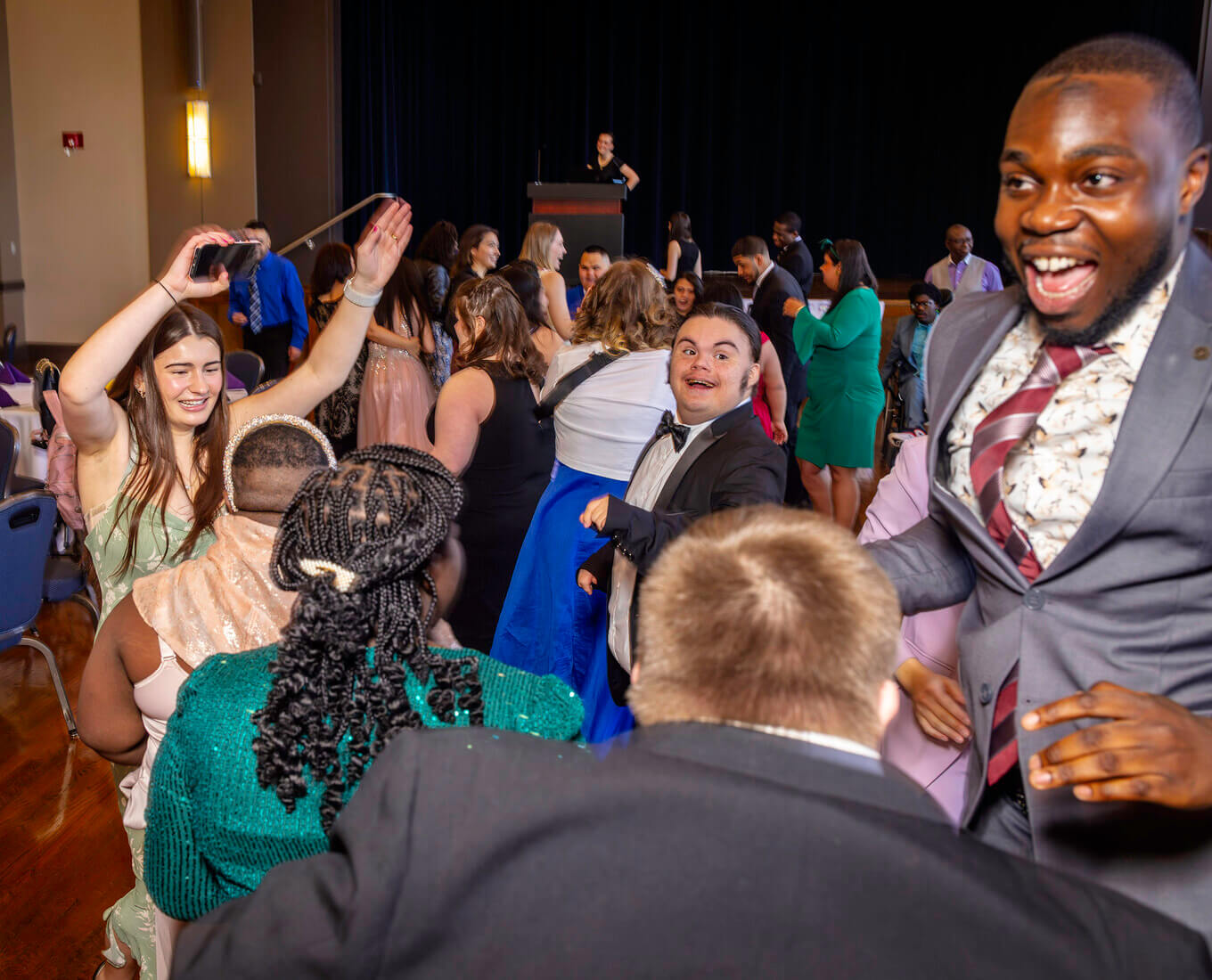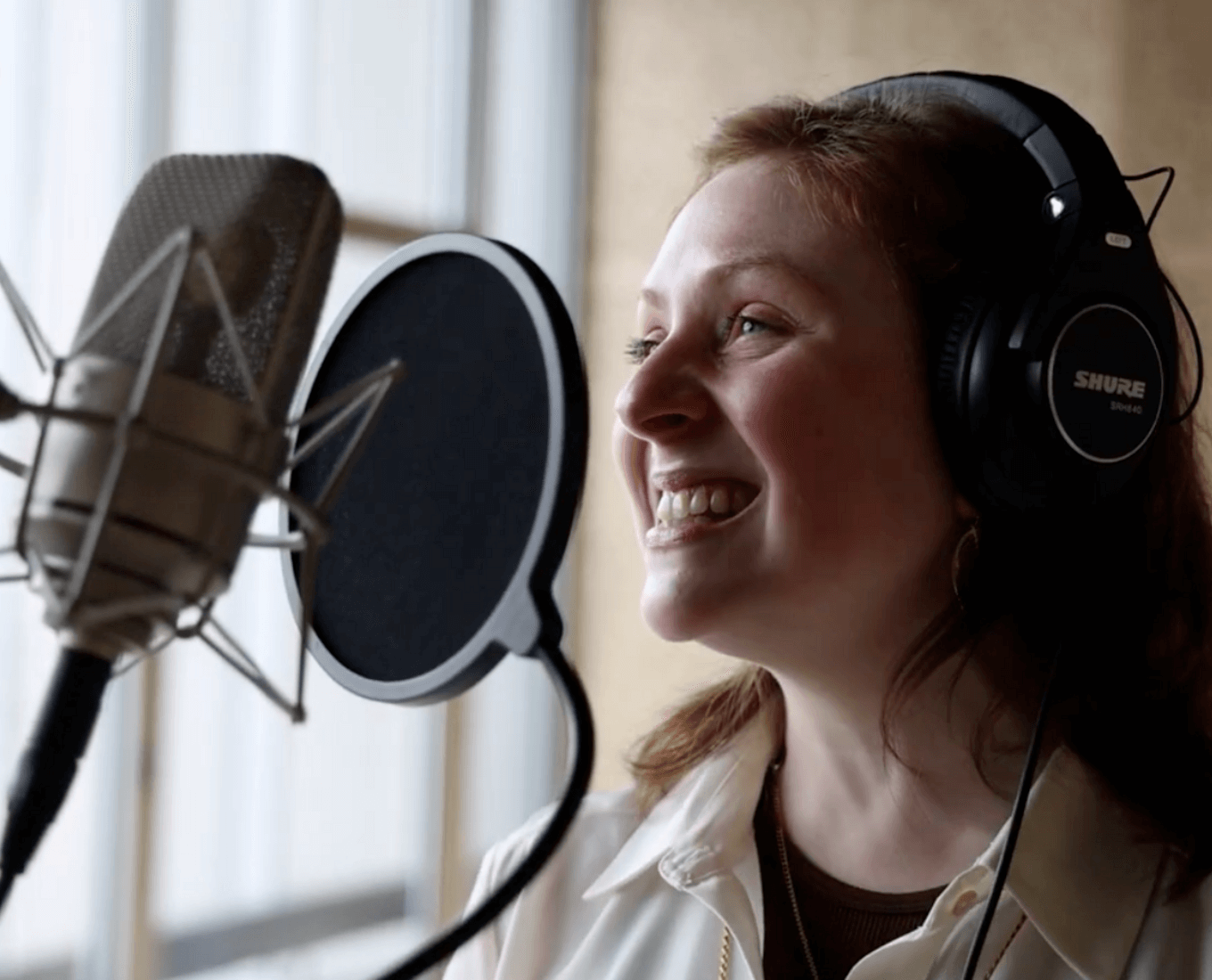WORCESTER, Mass. – The following faculty experts from the College of the Holy Cross are available to comment on issues related to Sonia Sotomayor’s confirmation hearings. For additional information, or to schedule an interview, contact Kristine Maloney at 508-793-2419 (office)/508-612-6578, or Cristal Steuer at 508-793-2419 (office)/978-660-3859 (cell).
Caren Dubnoff, associate professor of political science
Dubnoff specializes in American government, judicial process and politics, the presidency and constitutional law.
She says: “The GOP will attempt to paint Sotomayor as a judicial activist, a judge who makes rather than interprets law and who supports reverse discrimination. That will be done by focusing on her off court lectures and her participation in the Second Circuit panel decision in Ricci V. De Stefano, recently reversed by the Supreme Court. My guess is that this attack will be relatively limited because they will find little support from her judicial record. One can also expect second amendment issues, the proper place, if any, of foreign law, and takings to get prominent play. She will also likely be closely questioned on the usually contested issues of gay marriage, abortion, religious expression and executive power in foreign affairs.”
David Schaefer, professor of political science
Schaefer's scholarly research focuses on political philosophy and American political thought. On May 9, published an op-ed on the process of selecting a new justice in The Wall Street Journal, titled "When It Comes to Judges, 'Pragmatic' Means Unprincipled."
He says: “Sotomayor is certain to receive the committee's approval…and is also certain to win confirmation, barring some astonishing new revelations. But republicans and democratic moderates will be neglectful if they don't at least raise questions about her intimations that judges' decisions should sometimes reflect their particular ethnic or racial background, rather than on the ideal of objectivity or of equal justice under law, and her dismissal of the New Haven firefighters’ case.”
Mathew Schmalz, associate professor of religious studies
Schmalz specializes in religion and politics.
He says: “From a Catholic perspective, what will be interesting is that she will provide a different kind of Catholic voice on the Supreme Court. Using Catholic terminology, reflective of Benedict's last encyclical, we could call Sotomayor a 'justice in charity' type of jurist, given her sensitivity to minority rights. By contrast, Alito, Roberts, Thomas, and Scalia would be 'justice in truth' types of jurists, given their insistence on various kinds of strict construals of the original "truth" of the Constitution. Catholics of all types will continue to debate which is most 'authentically Catholic.'"
Experts Available for Analysis of Sotomayor Confirmation Hearings
Read Time
2 Minutes


